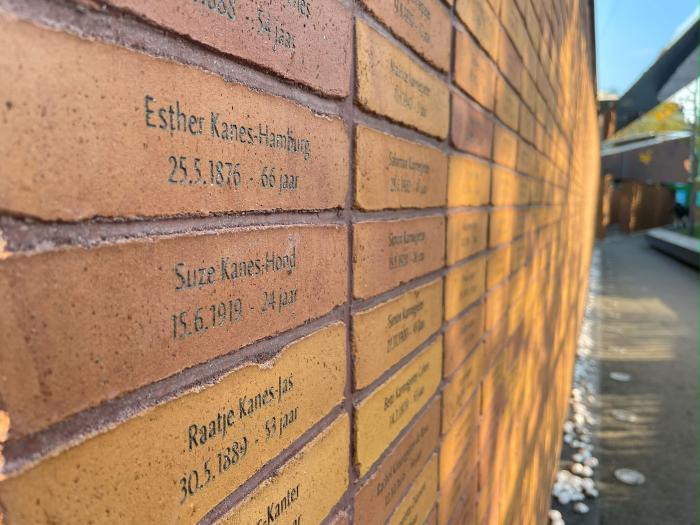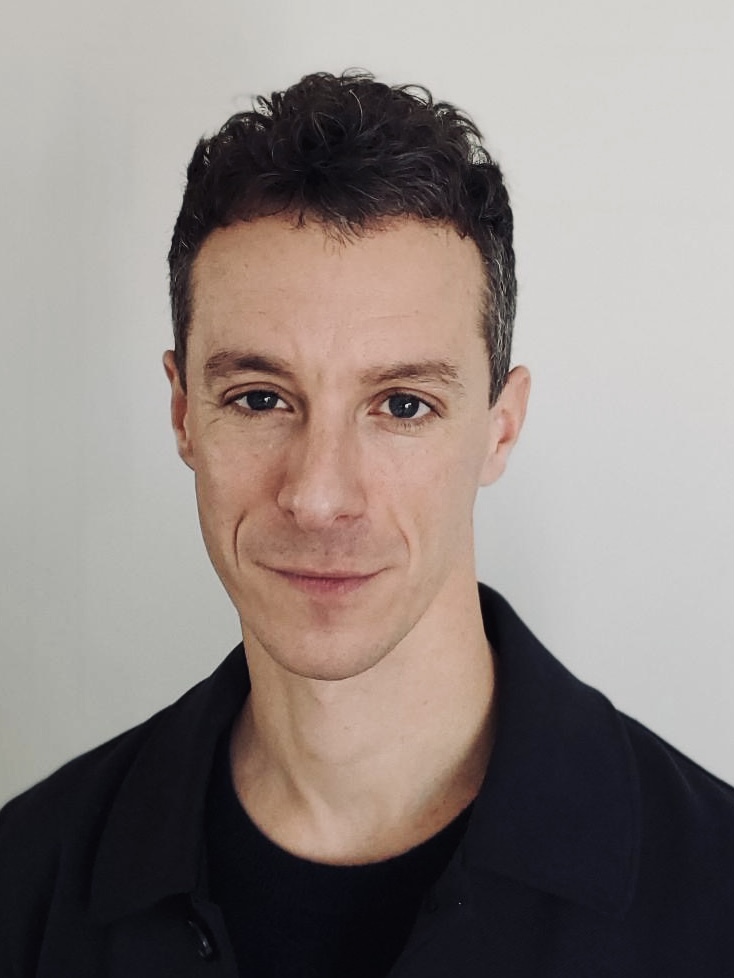Commemorating the Holocaust in green spaces: tensions and contestations in London and Amsterdam

Conference-debate (in French) with guest Alana Castro de Azevedo.
An interview led by Bruno Benvindo.
Today, all over the world, existing monuments are the subject of debate and contestation. But what about new monuments? Aren't they sometimes controversial even before they exist?
The processes involved in building memorials in the public space are often long and complex. They mobilize many players and unfold in several stages: project conception, search for funding, choice of site and artist, obtaining planning permission, etc. The visions and interests of those involved in this type of process are sometimes fundamentally opposed.
Building a memorial is a complicated, politicized and far from consensual process. To illustrate this point, Alana Castro de Azevedo has carried out a comparative analysis of three concrete cases: the creation of two memorials to the victims of the Holocaust, the Holocaust Namenmonument in Amsterdam the UK Holocaust Memorial and Learning Centre in London, and a memorial to the victims of colonial slavery in Lisbon. Although each project raises specific issues - from the choice of artist, to the location of the memorial, to the influence of citizens and other stakeholders on decisions - what they have in common is that they all provoked controversy.
Beyond a simple description of the issues at stake in each case study, she also asks how to reconcile the work of remembrance with other concerns, such as the preservation of green spaces in urban areas? Who should be involved in these processes? Who holds the decision-making power? Is it possible, through a participatory process, to achieve a unanimously accepted result?
On Thursday 19 June, Alana Castro de Azevedo will answer these questions, based on five years' research as part of her PhD dissertation on the analysis of memorial construction processes in public space. Her aim is to take a fresh look at the challenges of memorialization in green spaces, while reflecting on how to make commemorative processes more inclusive and democratic. More specifically, she will look at the memorials in Amsterdam and London. The debate will be led by Bruno Benvindo.
This event will take place in the CegeSoma conference room as part of the Public History Meetings, in partnership with the NPO ‘'Friends of CegeSoma’'.
Alana Castro de Azevedo holds a PhD in Political Science from Amsterdam Free University. Her doctoral dissertation, defended in 2025, examines citizen participation in the process of creating memorials commemorating the victims of colonial slavery and the Holocaust, as well as the many conflicts arising from them. From 2016 to 2019, she worked on the implementation of UNESCO's Slave Route project, focused on the identification and valorization of places of memory and heritage sites linked to slavery and the transatlantic slave trade. Since 2024, she has been conducting research at CegeSoma on controversies linked to colonial heritage in the public space, as part of the European CONCILIARE project.

Bruno Benvindo is a historian. He worked as a researcher at Brussels Free University, then at CegeSoma, publishing ‘Henri Storck, le cinéma belge et l'Occupation’ (2010) and 'Décombres de la guerre. Mémoires belges en conflit, 1945-2010' (2012, with Evert Peeters). He is currently Director of Exhibitions at the Jewish Museum of Belgium, where he is developing a program of exhibitions exploring the interface between art and history in the 20th century.